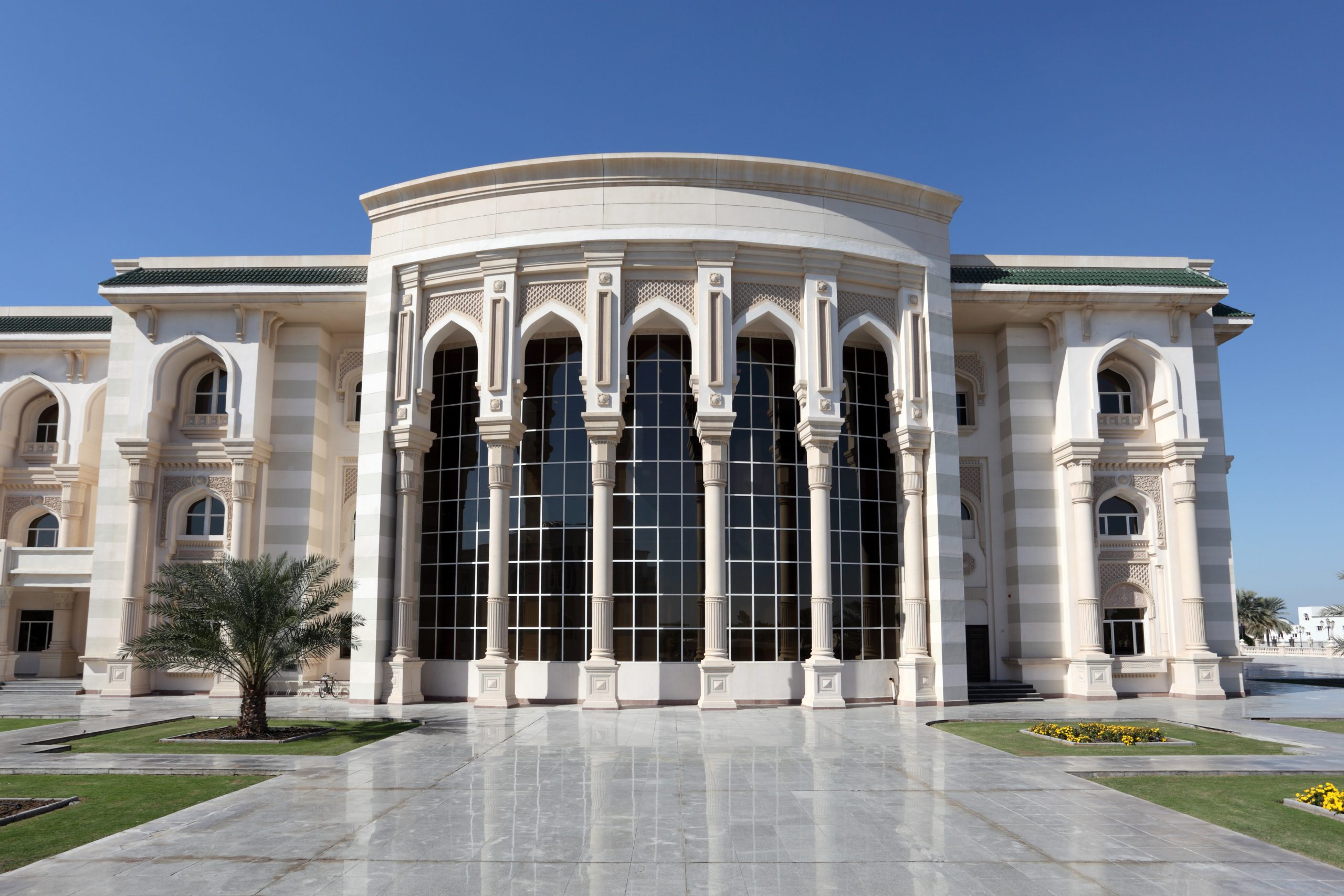As global leaders gathered at the Davos 2024 forum, a spotlight was cast on the transformative trends shaping the future of urban landscapes. Amidst a backdrop of rapid urbanization and technological advancement, the forum unveiled critical insights for cities and local economies, emphasizing the urgency of sustainable, inclusive, and technologically-driven development. This article delves into the key takeaways from Davos 2024, dissecting how these emerging trends and strategies will redefine urban living and governance, particularly in the dynamic and evolving contexts of cities in the Middle East.
In an era marked by rapid urbanization and technological advancement, the Davos 2024 forum brought forward crucial insights for the future of cities and local economies. The discussions underscored the need for sustainable, inclusive, and tech-driven urban development strategies. As urban centers continue to be the engines of economic growth, the lessons from Davos 2024 offer a roadmap for city leaders and policymakers.
Innovative Urban Planning: Pivotal for Sustainable Urban Development
At the Davos 2024 forum, a central theme emerged: the transformative potential of innovative urban planning in spearheading sustainable development in cities. In an era where urban challenges such as overcrowding, pollution, and resource scarcity are increasingly pronounced, the need for a paradigm shift towards smart city solutions becomes not just beneficial but essential.
This shift entails a strategic harnessing of technology to revolutionize urban infrastructure. The application of smart technologies extends across various urban domains, from enhancing transportation systems for greater efficiency and reduced congestion to innovating in waste management for more sustainable environmental practices. The objective is not merely to incorporate technology into urban settings but to do so in a way that fundamentally improves the livability and ecological footprint of cities.
The imperative here is to view urban planning through a futuristic lens, where technology is integrated seamlessly with urban development goals. This includes deploying data analytics for informed decision-making, utilizing IoT (Internet of Things) for real-time infrastructure management, and embracing green technologies to create sustainable urban spaces.
Ultimately, this approach aims to transform urban centers into more resilient, efficient, and human-centric habitats. The vision is of cities that are not only engines of economic growth but also bastions of sustainability and quality of life, epitomizing the balance between advancement and ecological stewardship.
Fostering Economic Resilience in Urban Centers: A Strategic Imperative
The discussions at Davos 2024 brought into sharp focus the vital need for economic resilience in urban centers, particularly amidst the escalating challenges posed by climate change and global economic uncertainties. This notion of resilience transcends conventional urban economic planning, urging cities to adopt more holistic and forward-thinking strategies.
Key to building this resilience is the diversification of urban economies. The reliance on a singular industry or sector leaves cities vulnerable to market fluctuations and external shocks. Instead, a diversified economic base broadens the city’s revenue streams and stabilizes its economic foundation. This approach involves nurturing a variety of sectors, potentially ranging from technology and finance to culture and tourism, each contributing to a robust and resilient urban economy.
Promoting local entrepreneurship emerges as another cornerstone for economic resilience. Entrepreneurial ecosystems drive innovation, create jobs, and stimulate local economies. By fostering an environment conducive to startups and small businesses – through supportive policies, access to funding, and incubation hubs – cities can catalyze a groundswell of economic activity that is both dynamic and resilient.
Investing in future-proof industries is equally critical. As the global economy evolves, cities that position themselves at the forefront of emerging industries – such as renewable energy, AI, and biotechnology – will not only future-proof their economies but also establish themselves as hubs of innovation and progress. This proactive stance not only generates new employment opportunities but also ensures that the city’s economy is adaptable and agile in the face of future challenges.
Fostering economic resilience in urban centers is not merely about weathering current economic storms. It’s about strategically positioning cities to thrive in an uncertain future, leveraging diversity, entrepreneurship, and innovation as key drivers of sustainable economic growth and stability.
Inclusion and Equity in Urban Development: A Priority for Sustainable Cities
Reflecting on the insights from Davos 2024, it becomes evident that inclusion and equity are not just benevolent ideals but essential components for the sustainable development of urban centers. This aligns with GICC’s strategic approach, particularly in the context of the Middle East where urban diversity and inclusivity are pivotal for long-term socio-economic stability. The phrase “inclusion and equity are not just benevolent ideals” means that the concepts of inclusion and equity are more than just generous or kind-hearted values. They are not only moral or ethical aspirations but also practical and essential elements for effective and sustainable practices, especially in urban development.
Inclusion refers to the practice of ensuring that everyone, regardless of their background or circumstances, has access to opportunities, resources, and services. Equity involves fairness and justice in the way people are treated and the distribution of resources, ensuring that everyone has what they need to thrive.
So, when we say these are not just benevolent ideals, it means they are not only about being good or doing good for the sake of it. They are crucial for creating balanced, functional, and successful societies and systems. In the context of urban development, this means planning and building cities in a way that everyone, regardless of their social, economic, or cultural background, can benefit from and contribute to the city’s growth and well-being.
The emphasis at Davos on inclusive urban growth resonates deeply with our consulting principles. We recognize that as cities grow and transform, the benefits of this growth must be equitably distributed. This means advocating for urban development projects that cater to diverse populations, ensuring that all community members, regardless of their economic or social background, have access to quality housing, healthcare, education, and employment opportunities.
Equity in urban development also involves creating inclusive public spaces and services that cater to the needs of various groups, including women, the elderly, and people with disabilities. By advising on policies and initiatives that prioritize these aspects, we contribute to building cities that are not only economically vibrant but also socially cohesive and resilient.
Furthermore, GICC’s approach takes into account the unique cultural nuances of the Middle East. This involves respecting and incorporating local traditions and values into urban development plans, ensuring that the growth of cities aligns with the cultural identity and heritage of the region.
The key takeaways from Davos 2024 reinforce our commitment to advising on urban development strategies that are inclusive and equitable. By doing so, we aim to help cities in the Middle East not only grow but thrive as diverse, inclusive, and harmonious communities, setting a global benchmark for sustainable urban development.
Leveraging Digital Transformation for Urban Efficiency
In the contemporary urban landscape, digital transformation stands as a crucial catalyst for elevating urban efficiency. The integration of advanced technologies such as Artificial Intelligence (AI) and the Internet of Things (IoT) into city governance frameworks is not merely a technological upgrade; it’s a strategic move towards more insightful decision-making, elevated public service quality, and a deeply engaged citizenry.
The implementation of AI in urban systems transforms vast data into actionable insights, enabling city planners and policymakers to make informed, data-driven decisions. This leads to smarter resource allocation, more effective urban planning, and enhanced public safety measures, ultimately culminating in a higher standard of living for residents.
Similarly, the deployment of IoT technology in urban infrastructure brings about a significant leap in operational efficiency. IoT devices can monitor and manage everything from traffic flows and energy usage to water quality and waste management. This real-time monitoring and management lead to more sustainable and cost-effective urban operations.
Furthermore, digital transformation in cities fosters a more dynamic relationship between government and citizens. By leveraging digital platforms for communication and service delivery, cities can enhance transparency, facilitate easier access to services, and engage residents in a more participative governance process.
Cities that embrace these digital advancements can pivot quickly and effectively in response to evolving urban challenges and resident needs. This agility is crucial in an era marked by rapid change and increasing urban demands.
In summary, the embrace of digital transformation is pivotal for cities aiming to enhance their efficiency and responsiveness. It represents a forward-thinking approach to urban governance, where technology is leveraged not just for its own sake, but as a means to build smarter, more sustainable, and more inclusive urban environments.
Charting a Path Toward Future-Ready Urban Landscapes
The key takeaways from Davos 2024 highlight a transformative roadmap for cities and local economies, underlining the importance of sustainable growth, economic resilience, inclusion, equity, and digital transformation. These elements are not isolated strategies but interconnected pillars essential for the development of future-ready urban landscapes. As we look ahead, it is clear that the cities poised for success will be those that embrace these principles, integrating them into the very fabric of urban planning and governance. In doing so, they will not only address the immediate challenges of today but also lay a strong foundation for the thriving, dynamic, and equitable cities of tomorrow.
The insights from Davos 2024 paint a picture of dynamic, resilient, and inclusive cities of the future. As urban areas continue to evolve, the lessons from this global forum provide valuable guidance for creating cities that are not only economically vibrant but also sustainable and equitable. For city leaders and policymakers, the path forward involves embracing innovation, fostering inclusivity, and leveraging technology to build the cities of tomorrow.
The key takeaways:
- Sustainable Urban Planning: Emphasizing the need for innovative and sustainable urban planning to address challenges such as overcrowding, pollution, and resource management.
- Economic Resilience: Highlighting the importance of building economic resilience in cities, especially in response to global challenges like climate change and economic uncertainties.
- Diversification of Urban Economies: The necessity for cities to diversify their economies and invest in future-proof industries to create job opportunities and buffer against economic shocks.
- Inclusion and Equity: Stressing the need for inclusive and equitable urban development to ensure that the benefits of growth are shared among all community members.
- Digital Transformation: Discussing the role of digital transformation in enhancing urban efficiency, with the implementation of technologies like AI and IoT to improve decision-making and public services.
These takeaways reflect the discussions at Davos 2024, focusing on the strategies for cities to become more sustainable, resilient, inclusive, and technologically advanced.

 WhatsApp
WhatsApp

